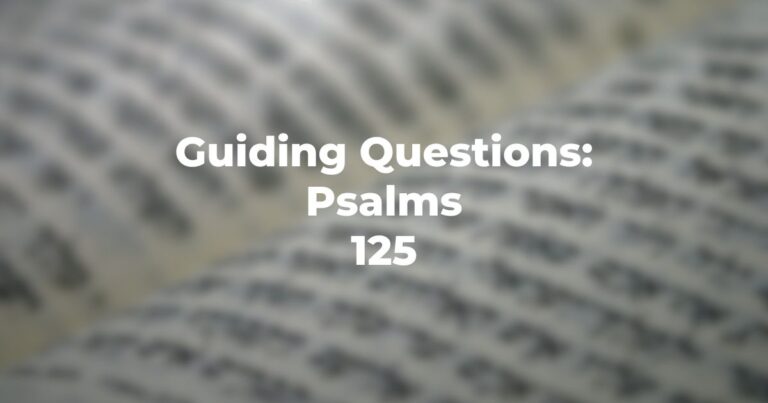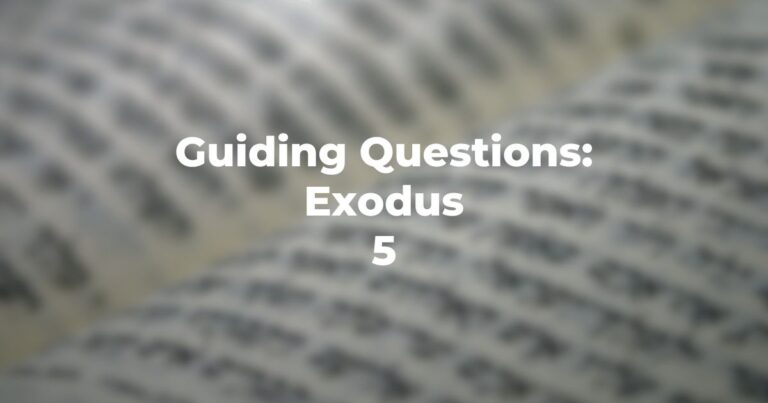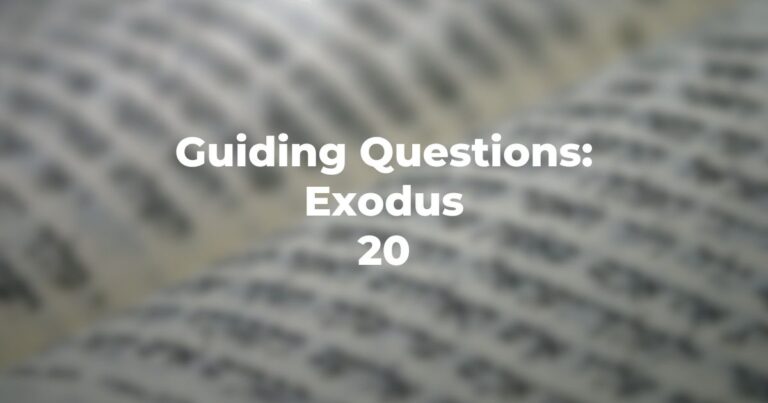- Esther 4:1 implies that Mordecai knew more than the written decree about what had occurred between Ahasuerus and Haman. What knowledge could he have had that others did not have (see Esther 4:7)?
- What are the signs of grief portrayed in Esther 4:1? Are these deeply religious acts or conventional modes of expressing grief? If they are religious acts what aspects of religion appear to be missing?
- What element of grief is added in Esther 4:3? What element is still missing? Certainly there were Jews who “fasted” and prayed and those who “cried out” to God. Are these deliberate omissions (see also Esther 4:14 and Esther 4:16? If so, why?
- Why was Esther’s first reaction (Esther 4:4) to send clothes for Mordecai (see Esther 4:2)? Was she shocked at learning how Mordecai was dressed or had she learned of the entire catastrophe? Though no reason is given, why do you think Mordecai refused the clothes?
- In reporting to Hatach the message to be delivered to Esther (Esther 4:7), why does Mordecai emphasize the detail of the huge bribe (bakshish) that Haman offered the king? What was he highlighting about the characters of Haman and Ahasuerus?
- Mordecai’s command to Esther to plead before the king includes the phrase “for her people” (Esther 4:8). Is he contradicting his original command (Esther 2:10)? How might such a revelation affect Esther’s status as queen?
- How does Esther respond to Mordecai’s demand (Esther 4:11)? Is she fearful for her life? Is she concerned that she may have lost the king’s favor? Does she want to delay action in order to find a better approach (the pogrom is still 11 months away — Esther 3:7)?
- Mordecai’s rebuke to Esther (Esther 4:13-14) is sharp and angry. What two points does he make regarding Esther herself? What does he mean by “another place” (God, another person, political help)? Why all this vagueness?
- How does Esther react to Mordecai’s rebuke and challenge (Esther 4:16)? What is her one request to all the Jews? What one item is missing in her request (see question 3 above)? What is now revealed about her personality with the phrase “if I perish, I perish”?
Author
-

Exploring Judaism is the digital home for Conservative/Masorti Judaism, embracing the beauty and complexity of Judaism, and our personal search for meaning, learning, and connecting. Our goal is to create content based on three core framing: Meaning-Making (Why?), Practical Living (How?), and Explainers (What?).
View all posts




